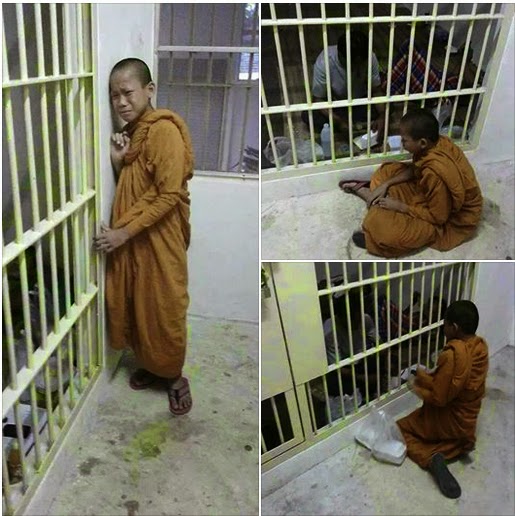Middle East Israeli fire kills refugees in Gaza UN school

Israeli shells have struck a UN school in the Gaza Strip, killing at least 19 people and wounding scores more, after Israeli ground troops made a significant push into the territory.
Wednesday’s shelling of the Jabaliya refugee camp was the second time in a week that a UN school sheltering hundreds of homeless Palestinians had been hit, with the latest violence pushing the Gaza death toll over 1,280.
http://kimedia.blogspot.com/2014/07/middle-east-israeli-fire-kills-refugees.html
This post has been reshared 24 times on Google+
View this post on Google+

















